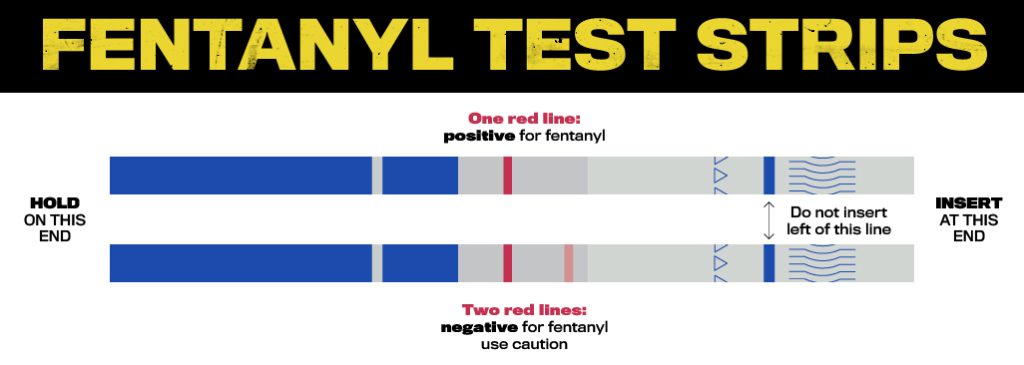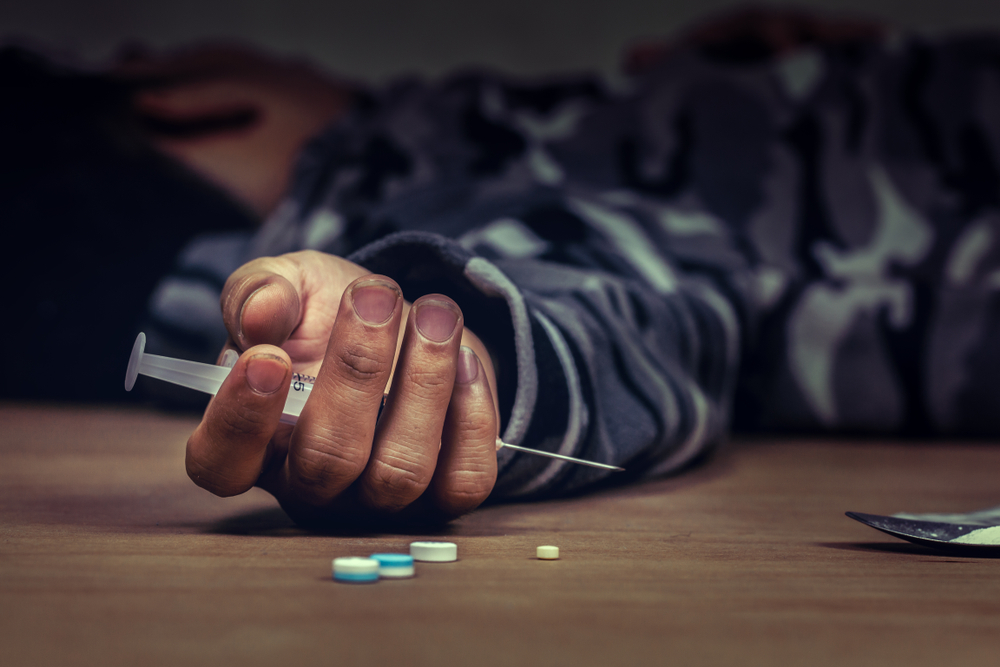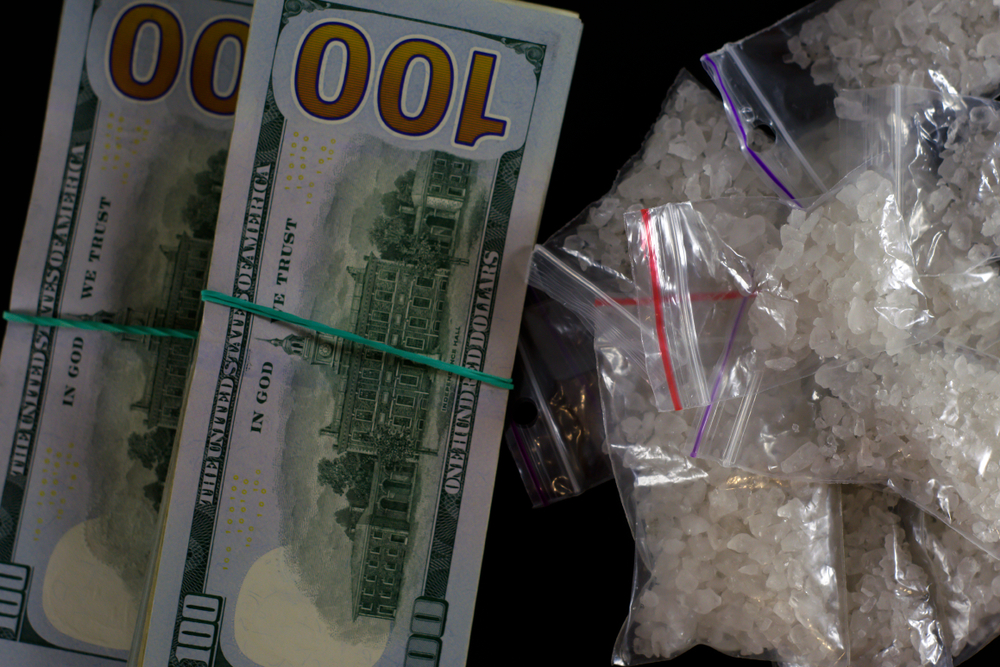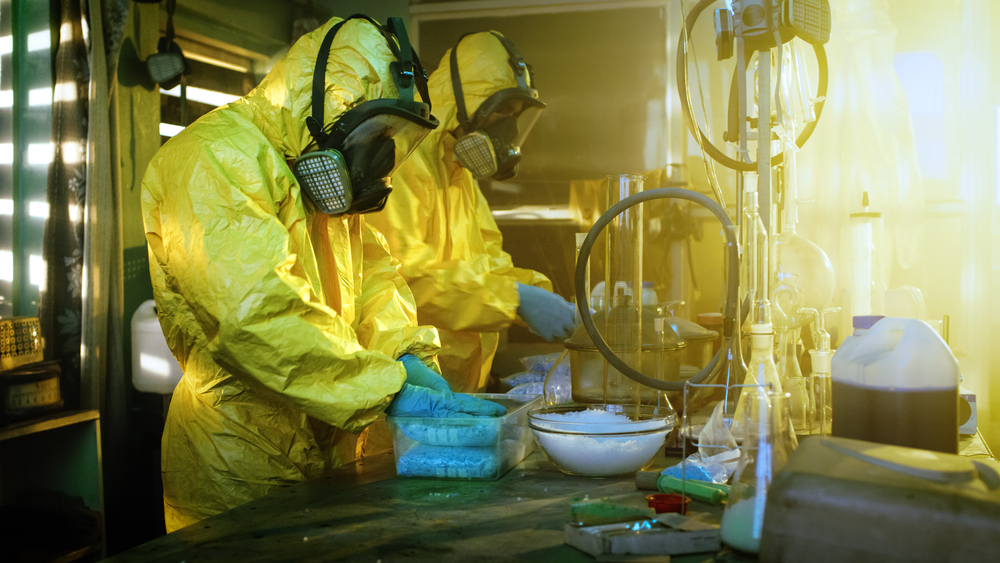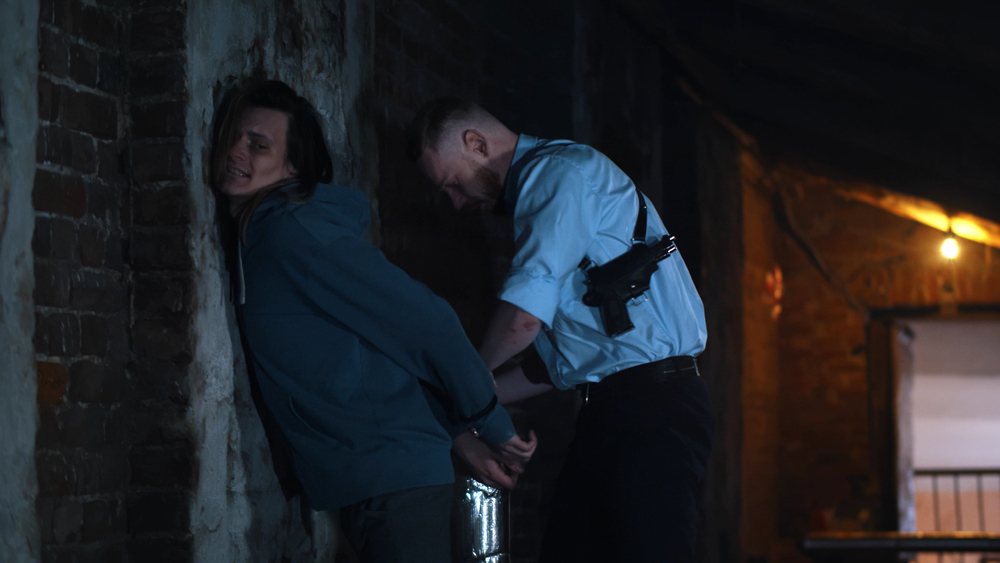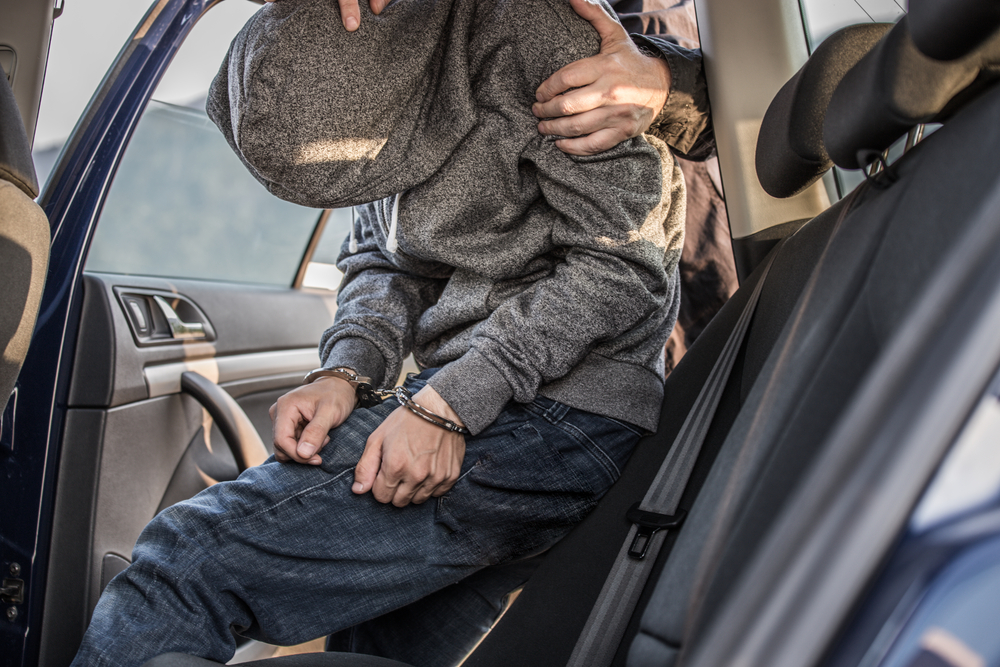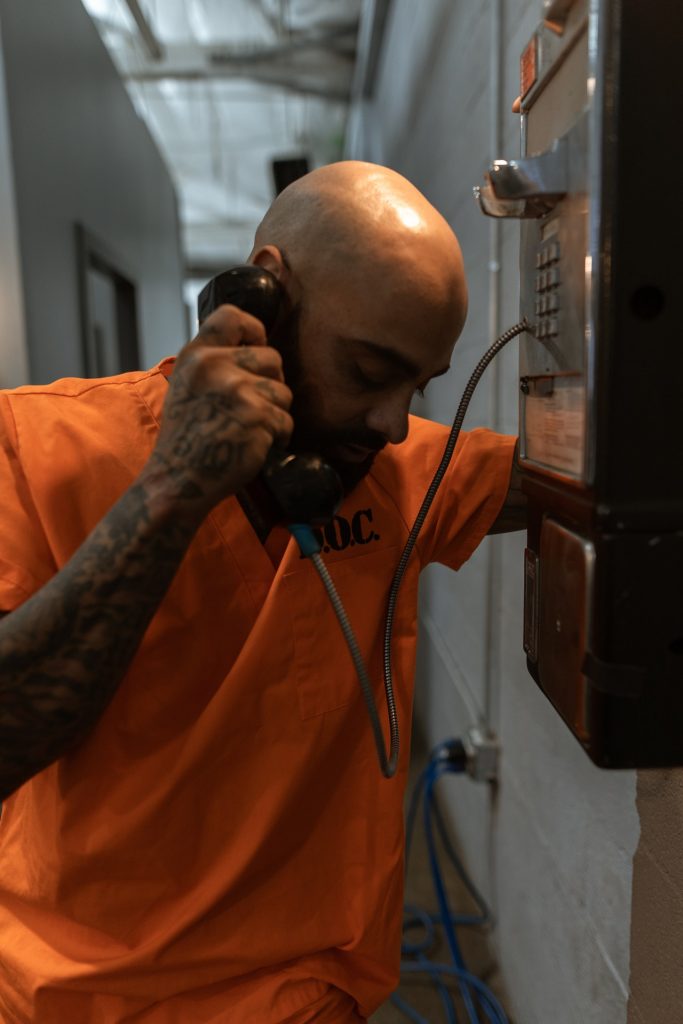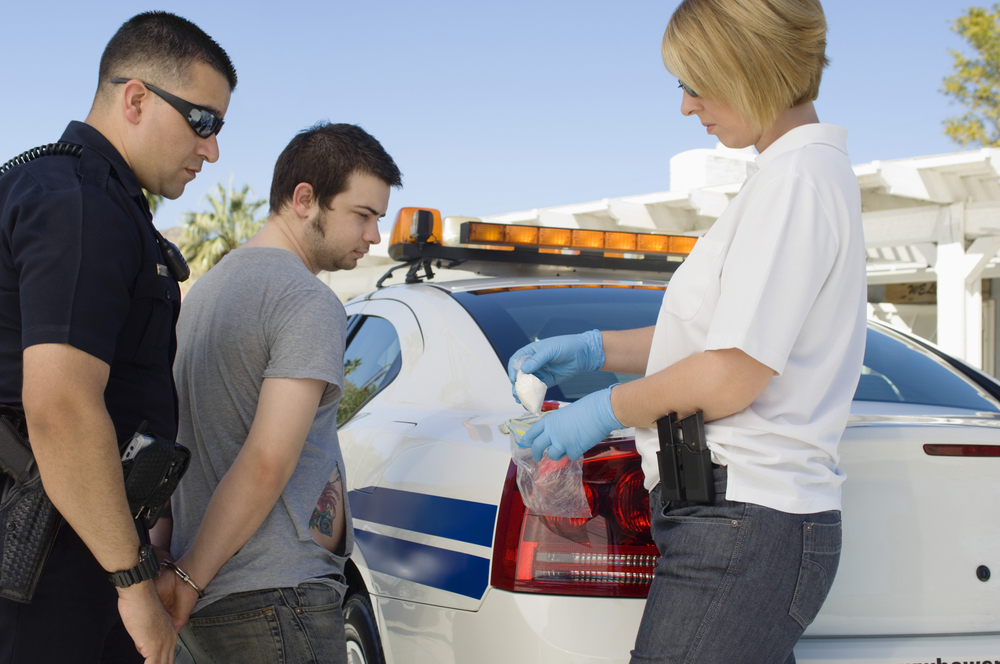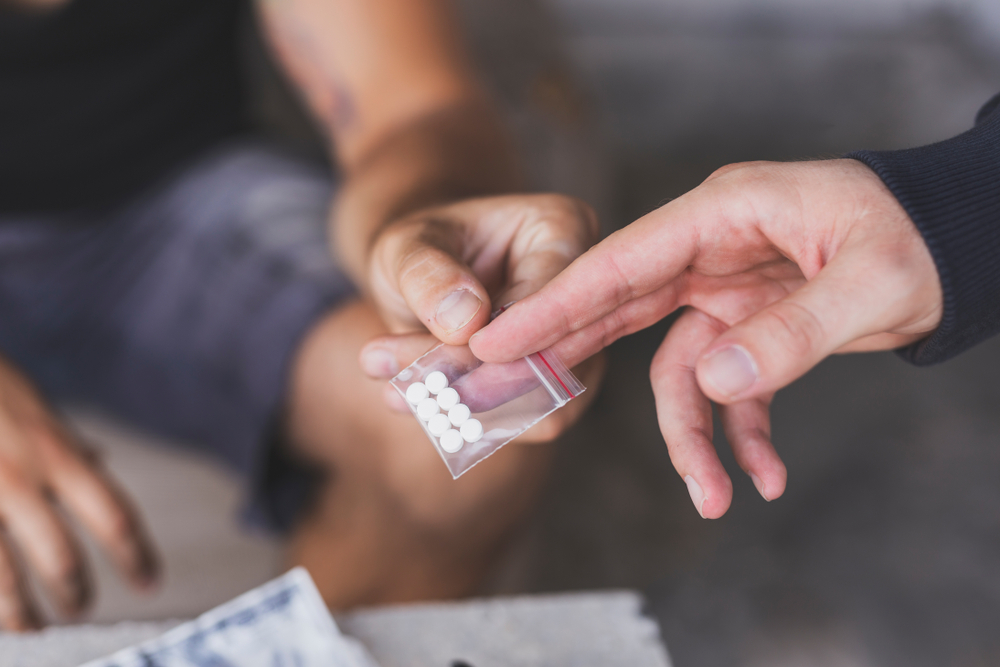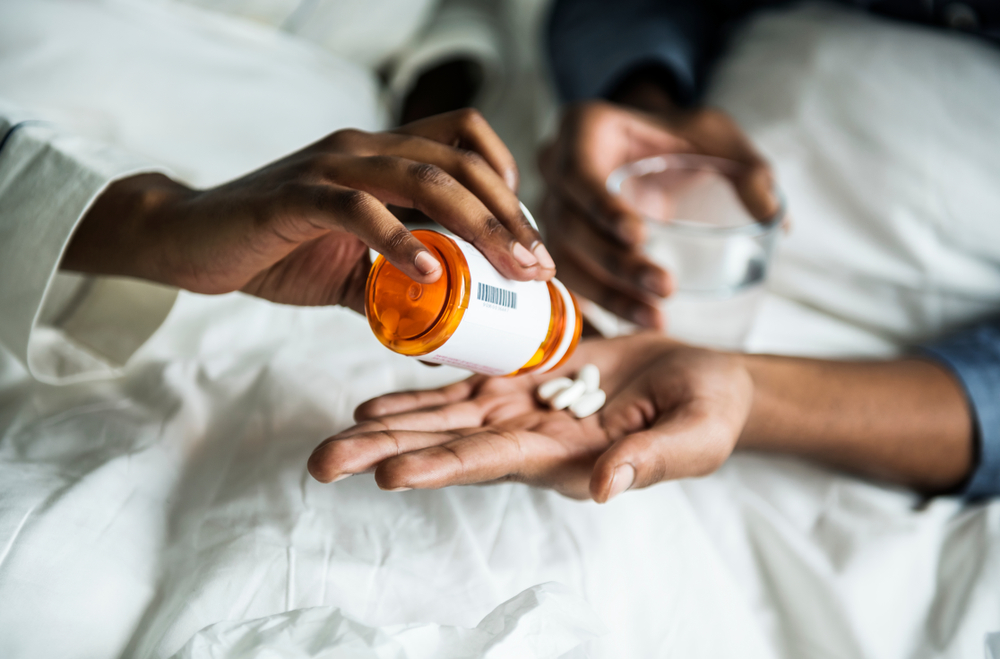Maximizing Texas’s Opioid Settlement: Investing in Treatment & Rehabilitation
The US has been experiencing an opioid crisis since the mid-90s. This was around the time when there was a shift in how doctors prescribed pain medication. Pharmaceutical companies downplayed the addictive potential of opioids, and doctors were encouraged to prescribe them more liberally for chronic pain. Sadly, this led to a significant increase in the number of people taking prescription opioids like Percocet and OxyContin.
As more people were exposed to opioids, rates of addiction and misuse skyrocketed. Many who became addicted to prescription drugs eventually turned to cheaper, more dangerous alternatives like heroin, further inflating overdose deaths. The rise in opioid overdose deaths paralleled the increase in opioid prescriptions, highlighting a clear link between the two.
After the CDC survey that found over 10 million patients misused prescription opioids in 2018, it, along with states like Texas, declared an opioid epidemic and changed prescription standards. Texas and 13 other states took the drug companies to court, with both Democrat and Republican attorneys general teaming up to sue.
In July 2021, a significant agreement was made: Johnson & Johnson and three drug distributors agreed to cough up $26 billion to settle the case. But other settlements, including with OcyContin manufacturer Purdue Pharma, are still pending. Texas is expected to get about $1.6 billion from six companies over 18 years as part of these settlement agreements.
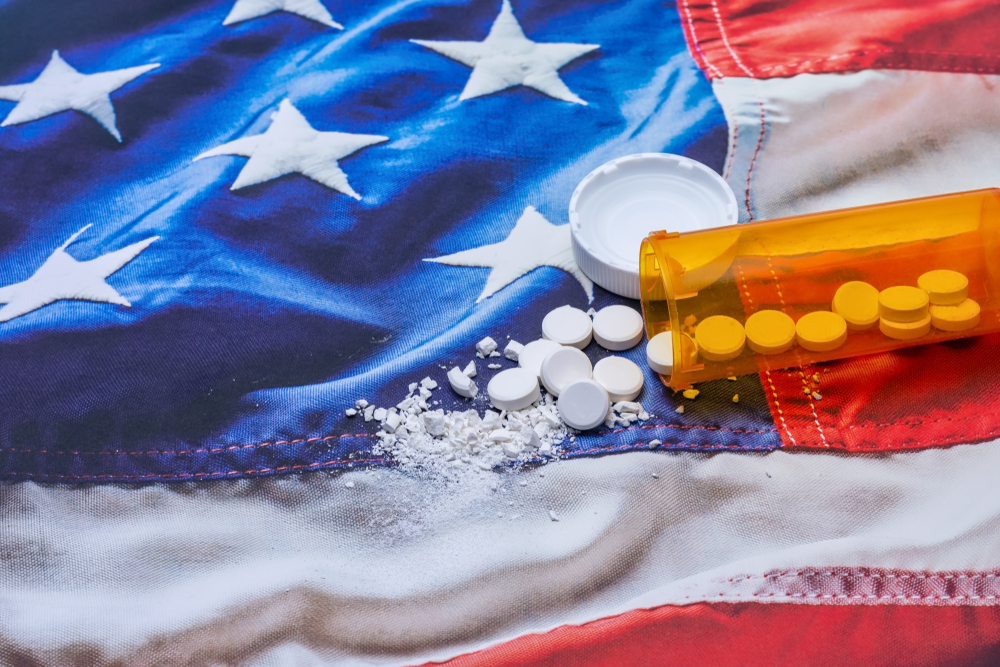
The Current State of Opioid Addiction in Texas
Texas is experiencing a drug poisoning epidemic. According to surveys, deaths from poisoning in the state increased by more than 75% in just five years. In 2017, the rate was 9.4 deaths per 100,000, and that nearly doubled to 15.8 deaths per 100,000 residents in 2021.
Although the prescription of opioids by doctors in Texas has reduced over the last few years, overdose deaths from illegally manufactured fentanyl continue to rise. A CDC report estimates 5,566 drug-related deaths occurred in Texas between August 2022 and August 2023. 45% of these deaths involved fentanyl.
The human cost of opioid addiction is immense. For every statistic, there’s a person and a story—a family member, a friend, or a neighbor whose life has been affected. Beyond that, the opioid epidemic is putting a strain on all levels of care. Hospitals and emergency services are overwhelmed by the number of overdose cases they handle daily.
This strain makes it harder for everyone to get the care they need. Local resources such as law enforcement and social services are also stretched thin trying to manage the wide-ranging consequences of the opioid crisis.
The Potential Impact of Strategic Investments
The $1.6 billion settlement presents a significant opportunity for Texas to combat the opioid crisis effectively through strategic investments. Proper allocation of these funds can profoundly impact the state's ability to support the people who are struggling with addiction, improve public health, and reduce the overall burden of the crisis.

Let’s explore some key areas where strategic investments can make a difference:
Expansion of Treatment Facilities
There’s a need for more treatment facilities so more people can get the help they desperately need. With more money, we can build new treatment centers and improve upon the ones we already have. This means people won’t have to wait so long to get care. These centers can offer a variety of services like detox, inpatient and intensive outpatient treatments, and special treatments for mental health conditions. More facilities means increasing the number of beds, doctors, and nurses, which ultimately leads to saving more lives.
Enhancement of Recovery Support Services
The money can also go to recovery support to give people the tools they need to rebuild their lives. This includes access to counseling and therapy, which are crucial for long-term recovery. Programs that offer stable housing and job training can help people recover and stay sober.
We can also create peer support groups and mentorship programs where people who have been through recovery can offer support and advice. These services build a strong support network that can make a huge difference.
Implementation of Prevention Programs
Preventing addiction before it starts is key to tackling the opioid crisis. When we invest in prevention programs, we can educate communities about the dangers of opioid misuse and teach healthy coping strategies.
Schools, workplaces, and community centers can run educational programs to raise awareness. Early intervention programs can identify at-risk people and help them before things worsen. Strengthening prescription monitoring systems can also prevent misuse and diversion of opioids. Prevention efforts can stop the cycle of addiction before it starts, saving lives and reducing the impact of the crisis.
Misallocation of Opioid Settlement Funds Raises Concerns
In the wake of the opioid crisis, states across the country have received significant settlement funds intended to combat addiction and support affected communities. However, there are growing concerns about how these funds are being used. Instead of directing the money towards prevention and treatment options, some states are spending it on things like new police cars and slush funds that don't directly help those struggling with substance use disorders.
Police Cars and Equipment
In several states, portions of the opioid settlement funds have been used to buy new police cars and other law enforcement equipment. While law enforcement is crucial in addressing the crisis, these expenditures don’t provide the necessary treatment or support for individuals battling addiction.
Filling Budget Gaps
Some states use the funds to cover general budget shortfalls or unrelated projects. This means the money isn’t going to addiction treatment or prevention programs, which undermines efforts to combat the opioid epidemic.
Lack of Transparency
In some instances, funds have been placed into slush funds with little oversight or accountability. Without explicit tracking, it’s hard to ensure the money is being used to help those who need it most.
The Need for Transparency and Accountability
Unless the state and local governments put the funds to good use, they won’t help those affected. The state can ensure this happens by:
- Establishing robust oversight mechanisms. This includes transparent reporting, regular audits, and involving community stakeholders in decision-making processes.
- Learning from the missteps of other states, where funds have been diverted to unrelated expenses like new police cars and slush funds, Texas must commit to using the settlement money exclusively for addressing the opioid crisis.
- Strategically allocating funds to areas with the highest need and potential impact. This way, Texas can maximize the benefits of the settlement, supporting recovery, reducing overdose deaths, and ultimately diminishing the overall opioid crisis in the state.

How to Track Fund Usage in Your Community
There are several resources available to help track the allocation and use of opioid settlement funds:
News Sites
While the information might not be readily available, some platforms, like KFF Health News, have made it public after negotiations.
Government Websites
Check state and local government websites for information on fund allocation and spending. Look for sections on budget reports, public health initiatives, or opioid response plans. BrownGeer, a court-appointed firm administering the settlements, also shares the information on a public website.
Public Records Requests
You can file public records requests to obtain detailed information about funds' use. Do this through state or local government offices handling public information requests.
Community Advocacy Groups
Local advocacy groups focused on addiction and public health, such as the Texas Harm Reduction Alliance and the Texas Overdose Naloxone Initiative (TONI), can be valuable resources for information and action.
Opioid Addiction Treatment at More Than Rehab
At More Than Rehab, we’re committed to making a real impact. We offer comprehensive care, from detox and therapy to long-term support and education. Our mission is to provide a safe, supportive environment where people can recover and thrive.
With the right investments and a commitment to transparency and effectiveness, we can make a significant difference in the fight against the opioid crisis in Texas. Let’s work together to ensure these funds are used to their fullest potential, helping those in need and building healthier communities across our state.
